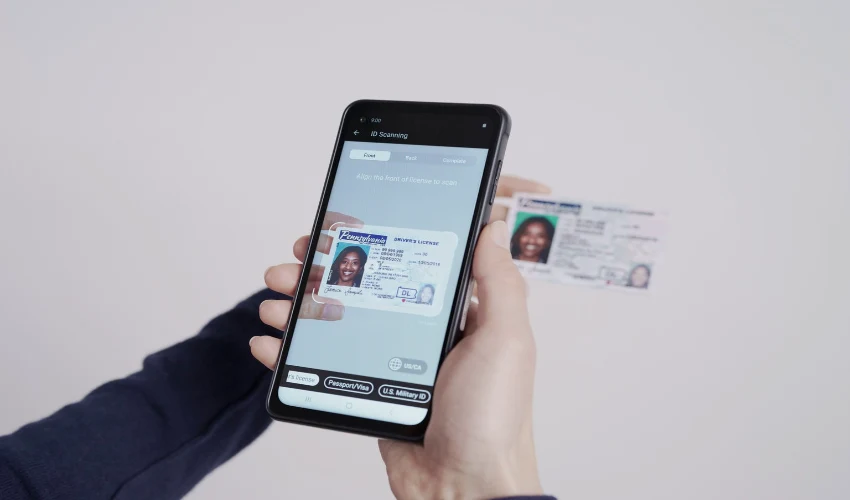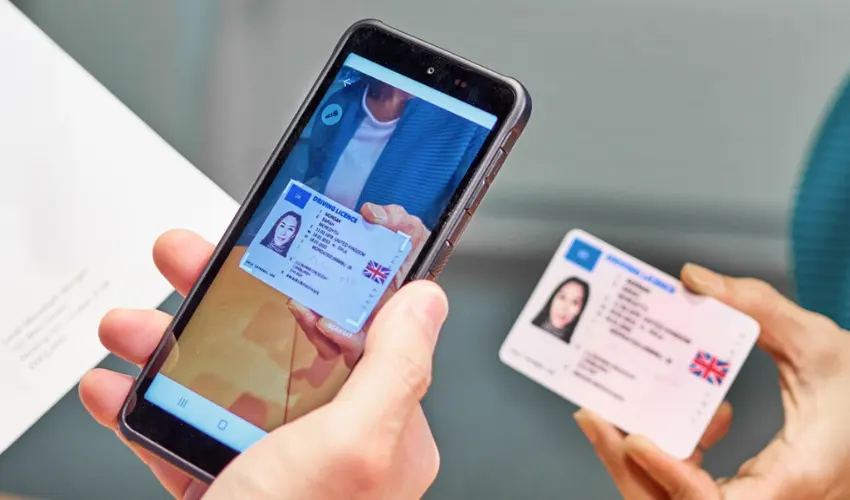In today’s fast-paced digital world, the need for secure, reliable, and efficient identification systems has never been more critical. Traditional ID systems, including physical documents and outdated databases, are increasingly vulnerable to fraud, theft, and inefficiencies. Enter idbook—a revolutionary digital identification platform that is reshaping how individuals and organizations manage identity in the digital space. By integrating advanced technology, security features, and user-friendly functionality, idbook is transforming the future of identification, offering a smart solution for both personal and professional use. One of the primary ways idbook is revolutionizing digital ID is through its robust security infrastructure.
In an age where data breaches and identity theft are rampant, idbook utilizes end-to-end encryption, biometric verification, and blockchain technology to ensure user data remains private and secure. Unlike traditional ID systems, which are often stored in centralized databases prone to cyberattacks, idbook employs decentralized storage, significantly reducing the chances of data compromise. This approach not only provides peace of mind for users but also meets stringent data protection regulations in various countries. Another transformative feature of idbook is its seamless integration with various platforms and services. Whether you’re accessing government portals, banking services, or social media accounts, idbook can be used as a universal login method.
This eliminates the need for multiple usernames and passwords, reducing the risk of weak password usage and forgotten credentials. With a single, secure digital ID, users can access countless services, making everyday tasks more convenient and efficient. Moreover, idbookI nteroperability sets it apart from many digital ID solutions currently available. It is designed to work across borders and industries, supporting both personal identification and business verification. For companies, this means streamlined onboarding processes, faster KYC (Know Your Customer) checks, and enhanced trust between users and service providers. For governments, it means better citizen engagement, simplified service delivery, and more reliable data management. In addition to security and convenience, idbook is also redefining user control in the digital identity space. Traditional identification systems often give control of personal information to third parties, but idbook empowers users to manage their own identity data. Through a user-friendly interface, individuals can decide who sees their information, when, and for what purpose.
This shift in control aligns with the growing demand for data sovereignty, where users want greater transparency and ownership over their personal data. Privacy by design is another cornerstone of idbook’s innovation. From the ground up, the system is built to protect user data at every stage. Minimal data collection, permission-based sharing, and anonymized credentials ensure that users only share what’s necessary—no more, no less. This approach not only protects against misuse but also builds trust among users, an essential element in the digital age. For businesses, adopting idbook means more than just improving identity verification—it opens the door to digital transformation. Whether it’s a financial institution verifying client identities or an online marketplace authenticating sellers, idbook provides a reliable and scalable solution that reduces fraud and boosts compliance. Moreover, with customizable APIs and flexible integration tools, businesses can easily embed idbook into their existing systems without disrupting operations. Education is another sector that benefits immensely from idbook. Schools and universities can issue digital student IDs, manage access to campus facilities, and streamline exam verification processes.
For students, this means a single ID that works across platforms—library access, tuition payments, course registration, and even alumni services. With idbook, institutions can modernize their infrastructure and offer a more connected experience for students and staff. Healthcare is yet another industry experiencing the benefits of digital ID through idbook. Patient identification, appointment scheduling, medical record access, and insurance verification can all be managed more securely and efficiently. By using idbook, healthcare providers can reduce administrative burdens, improve data accuracy, and deliver better patient outcomes. Patients, in turn, gain easier access to their records and a more transparent view of their healthcare journey. The adoption of idbook is also contributing to financial inclusion. In many regions, individuals lack access to traditional forms of identification, which limits their ability to open bank accounts, apply for loans, or participate in the digital economy. By offering a mobile-friendly, easy-to-verify digital ID, idbook helps bridge this gap, enabling more people to access essential services and opportunities.
In conclusion, idbook is not just another digital ID platform—it’s a game-changer in how identity is managed, verified, and protected in the digital age. With its focus on security, interoperability, user control, and seamless integration, idbook is leading the charge toward a future where digital identification is both trustworthy and empowering. As more industries and institutions adopt this technology, the world moves closer to a more secure, inclusive, and efficient digital ecosystem.





